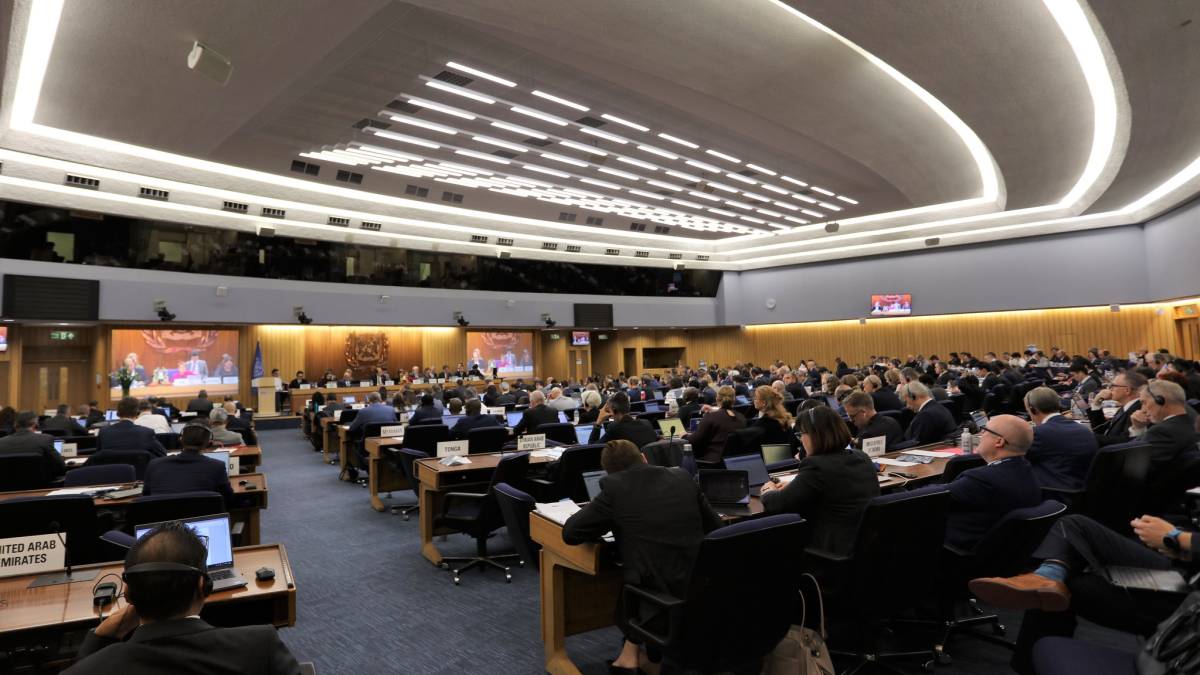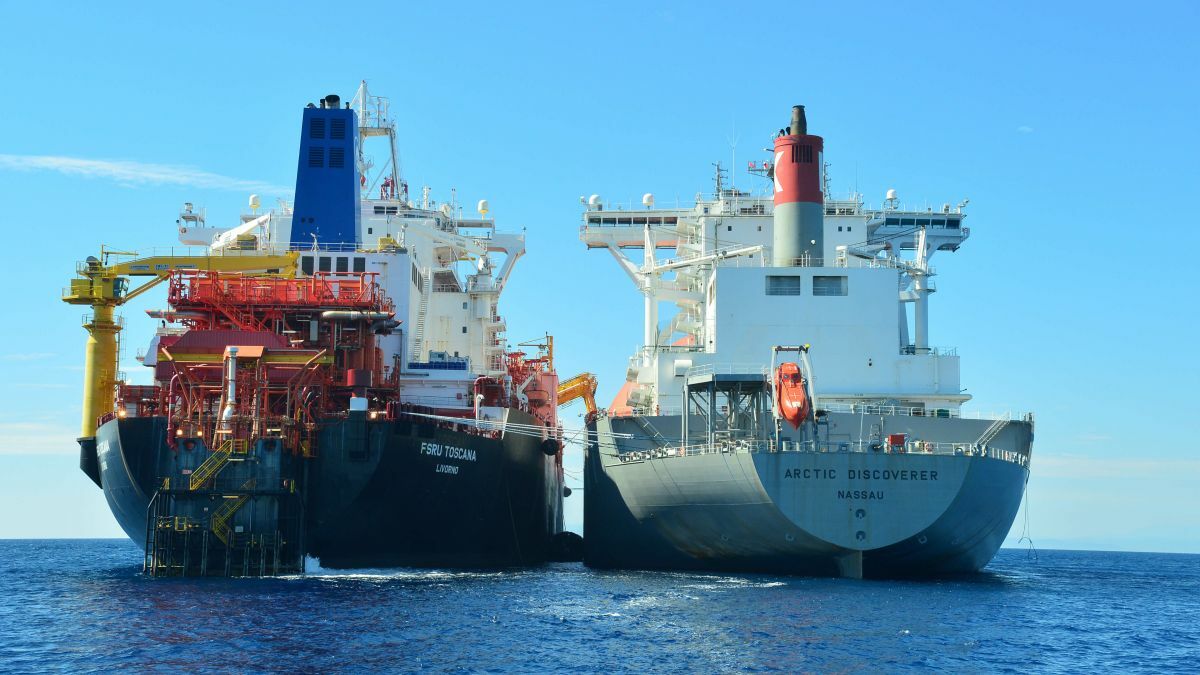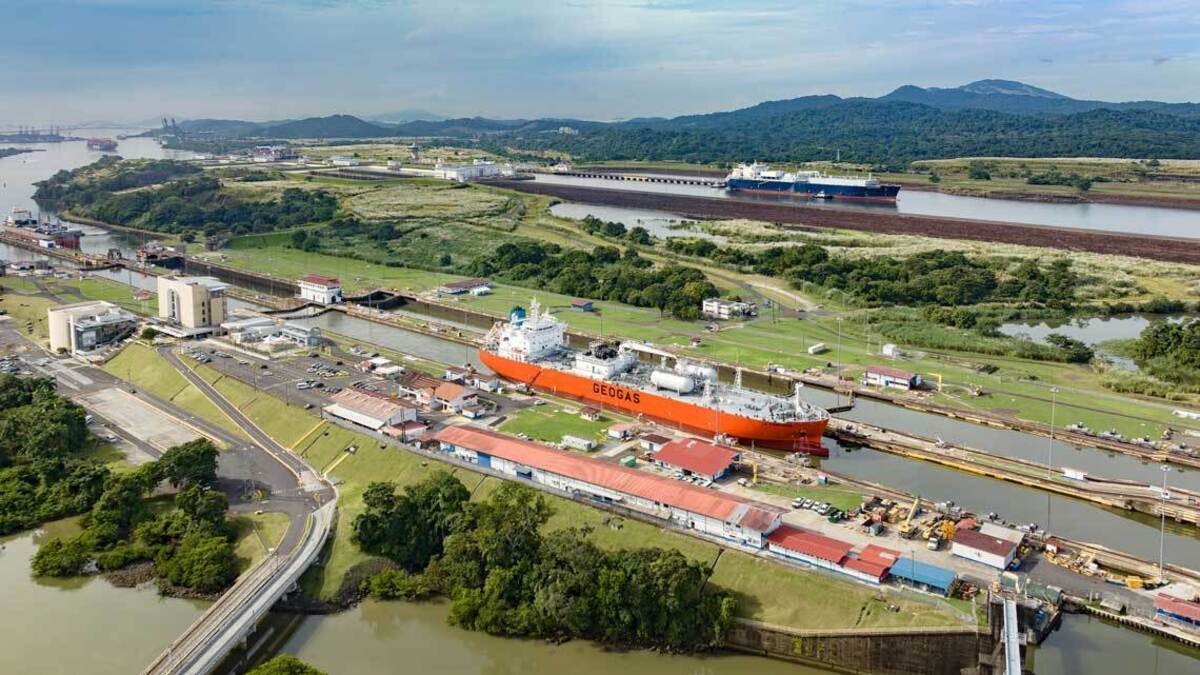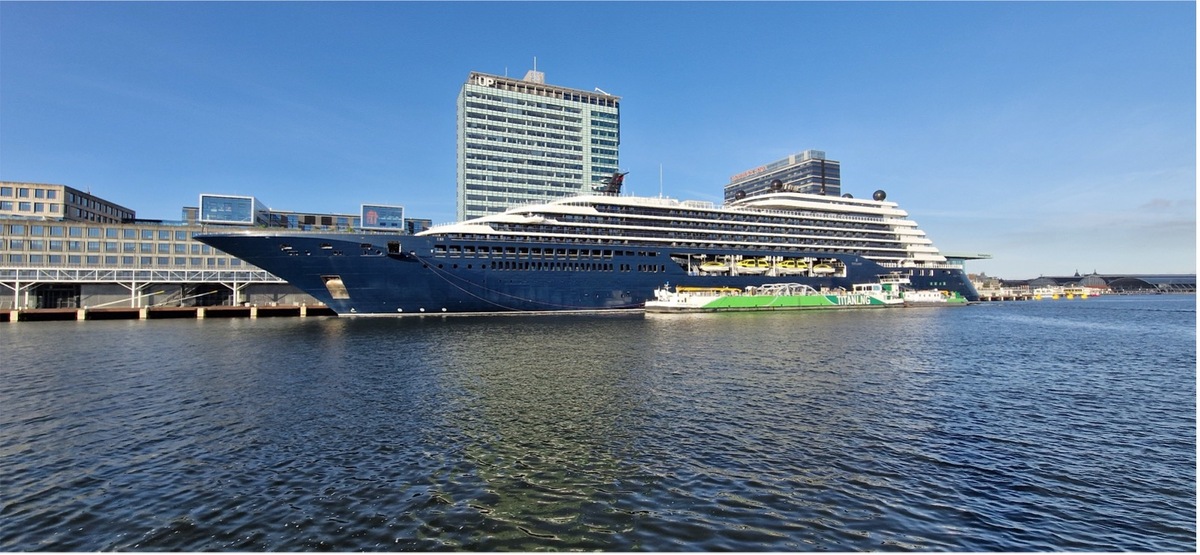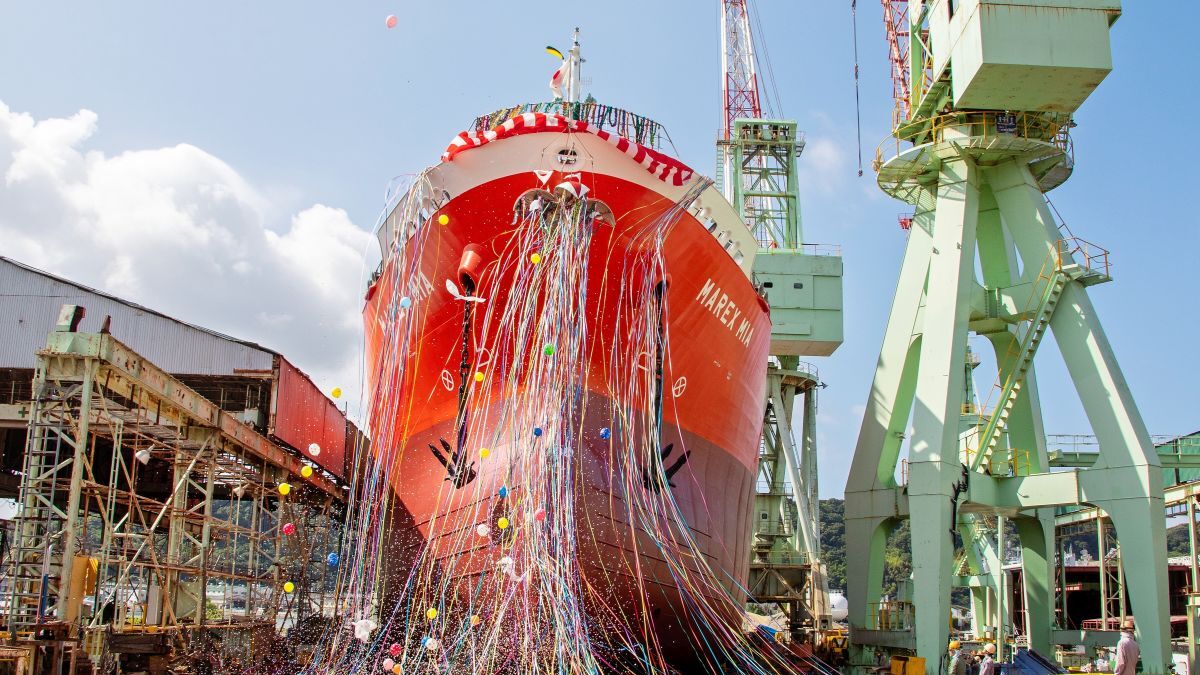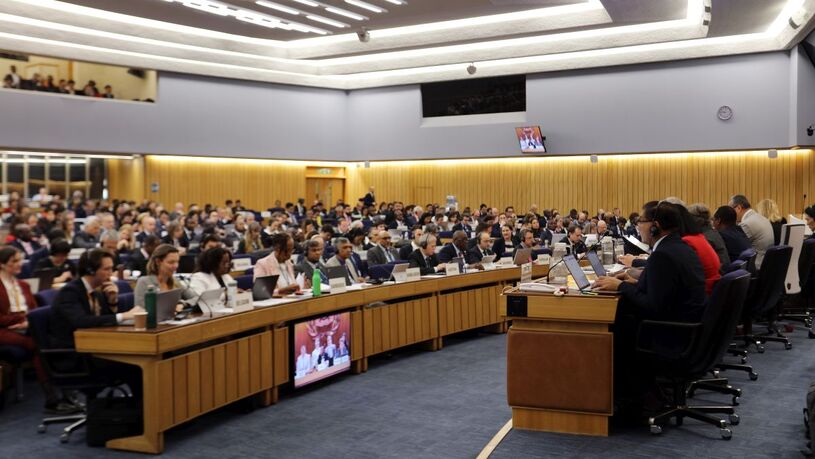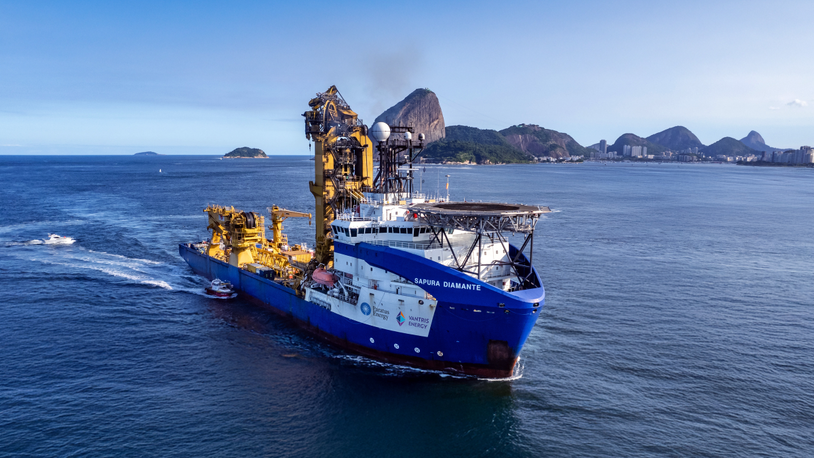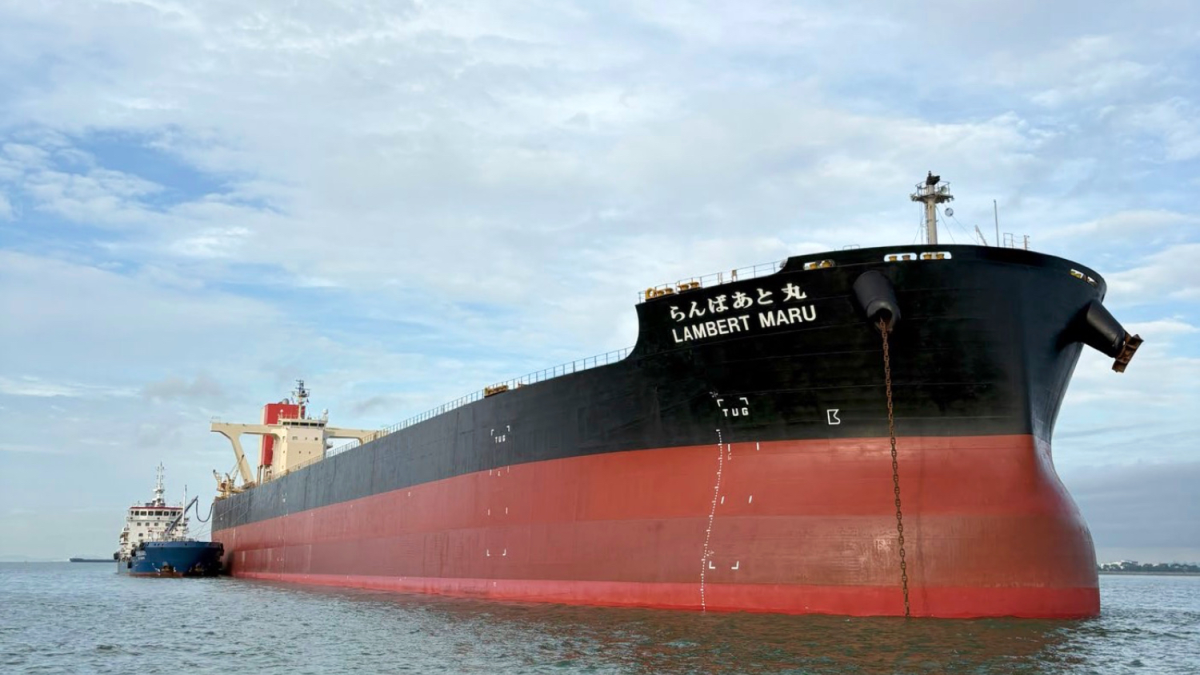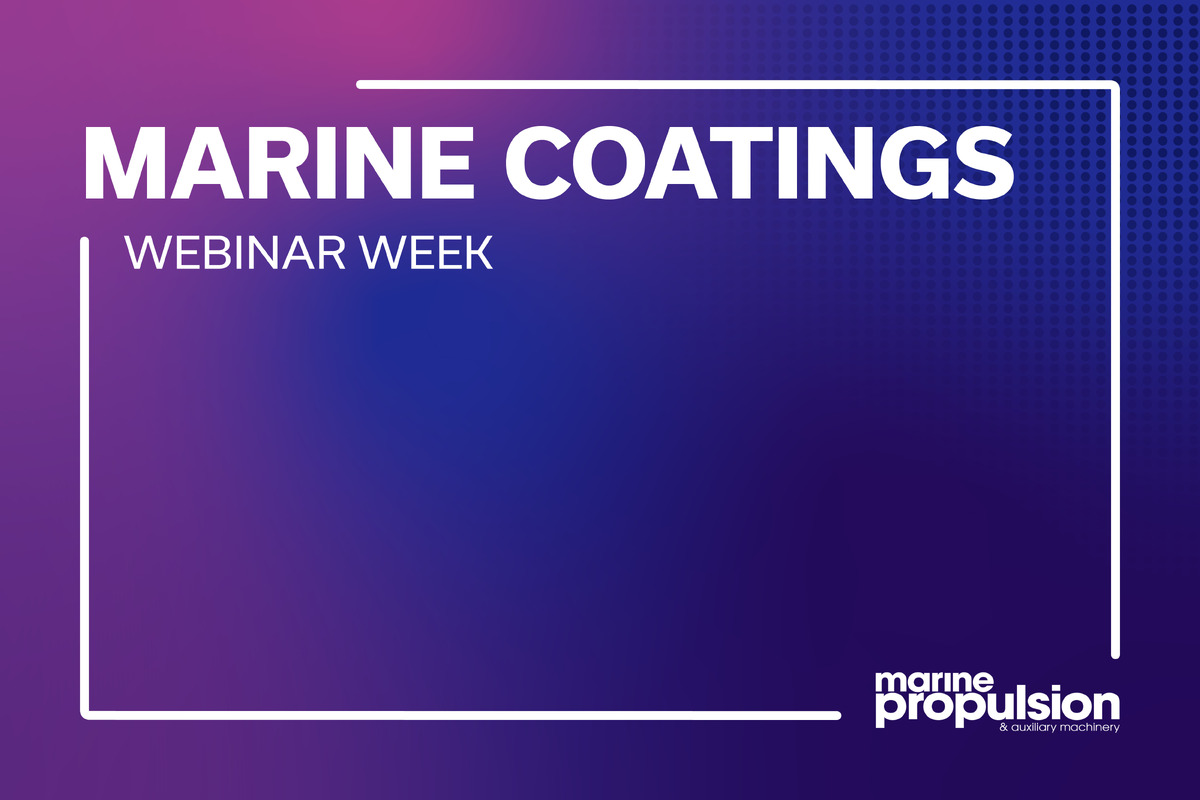Business Sectors
Contents
Deeper IMO targets for GHG reduction 'appear viable', but not for 2030
Voices from the shipping industry, academia and environmental campaign groups weigh in on the latest round of formal discussions at the International Maritime Organization (IMO)
Shipping’s global regulatory body met in March in a carefully watched week of talks that will help to determine the stringency of greenhouse gas (GHG) reductions required of the sector over the next three decades.
Although definitions, calculations, pathways, methods and policy measures are all up for review, the specifics coming from IMO’s intersessional working group on the reduction of GHG emissions from ships (ISWG-GHG 14) were scant.
Just one week of preliminary negotiations remains in June 2023, ahead of an expected formal adoption of an updated and revised GHG strategy during the week-long meeting of IMO’s decision-making Marine Environment Protection Committee (80) in July 2023, and much remains to be settled.
With the deadline on a revised strategy just over three months away, IMO’s GHG working group requested an "ad-hoc expert workshop on comparative analysis of candidate mid-term measures" ahead of the final working group meeting from which a report will be created. The next working group meeting will consider the report’s findings from the workshop and pass it along to MEPC 80.
According to IMO, the two-day workshop is expected to:
- Carry out an expert review of the technical and economic elements, and their possible combinations, of the proposals for candidate mid-term measures, in particular their feasibility, effectiveness to deliver the levels of ambition and their potential impacts on States.
- Discuss possible technical and economic elements as well as other commonalities in the proposed measures which may serve as building blocks for the basket of candidate mid-term measures to be developed further as a priority under Phase III of the Work plan.
The workshop will, in other words, organise the options the shipping industry has to lower its GHG output – or, at least, the options that have been raised and found consensus among IMO member states.
Otherwise, IMO said the talks – involving around 80 nations and 750 participants that also included non-governmental organisations (NGOs) with consultative status – were constructive and signalled progress on the work to revise the initial strategy on reduction of GHG emissions formally adopted in 2018.
And a draft revision of the strategy has been agreed as a template for further negotiation.
"Following its constructive discussions throughout the week, the group agreed on a draft revised GHG strategy to be used as basis for its continued negotiations at the next session on what will become the 2023 IMO Strategy on Reduction of GHG Emissions from Ships," IMO said.
In response to the working group’s talks, the International Chamber of Shipping (ICS), which represents a large segment of the shipping industry, said it was both disappointed and optimistic.
“We are disappointed by the lack of progress on setting new levels of ambition for GHG reductions to provide shipping with a clear net-zero target for 2050. But we remain optimistic that a deal can still be struck at the crucial MEPC meeting in July," the comment from ICS chairman Guy Platten said.
Mr Platten also highlighted an improved position for ICS’ proposal for incentives for shipowners who commit to using low- and zero-carbon fuels in their vessels.
"More positively, governments are increasingly understanding the value of the ICS Fund and Reward proposal to accelerate the production and uptake of low and zero-carbon fuels,” he said.
A group of environmental NGOs reiterated the worries revealed in the recently published UN Intergovernmental Panel on Climate Change (IPCC) sixth report on climate change that warned limiting global average temperature rise to 1.5°C requires deep and immediate emissions reductions across all sectors within this decade.
"Climate change is already causing damage to nature and people, and urgent action now is the only way for humanity to limit this and ensure a livable future," the group of NGOs that included Transport & Environment, Clean Shipping Coalition, Ocean Conservancy, Seas at Risk, Pacific Environment and Carbon Market Watch said.
"IMO member states must listen to the IPCC, and urgently commit to halving greenhouse gas emissions from ships by 2030 and to reach zero emissions by 2040. It must also ensure this transition is just and equitable, given the disproportionate impacts on vulnerable states," the group said.
Transport & Environment’s shipping policy lead Faig Abbasov said a strategy compatible with the 1.5ºC global average temperature rise limits set forth in the Paris Agreement "means at least 37%-50% emissions cuts by 2030".
However, maritime academic and policy consultancy UMAS, in its readout of the working group’s discussions, said it remains difficult to gauge what will take shape as policy negotiations resolve into a formal agreement in July.
"From a side-event presentation of preliminary results, targets with deep GHG reductions in 2040 and 2050 appear viable, but the highest level of 2030 reduction (54% reduction on 2008 [levels]) did not," UMAS’ overview of working group discussions said.
UMAS policy lead Dr Aly Shaw said, “This meeting marked a growing clarity on likely ambition for 2050 and also 2040, which is a positive sign for an equitable transition which, at its core, requires targets aligned with limiting temperature rise to 1.5ºC or below. However, despite the repeated support across meetings for a just and equitable transition that leaves none behind – there is little sign of this commitment being embedded throughout the revised strategy as of yet.”
UMAS director Dr Tristan Smith said, “It is hard to overstate how important the MEPC 80 outcomes will be both for society’s efforts to avoid dangerous climate change, but also for the shipping sector. Reading from the numbers of how many support high ambition outcomes, there are positive signs. But this is a simplistic way to estimate how these debates will conclude. The nature of the off-IMO debate leading up to MEPC 80 is therefore crucial.”
During the same week as IMO’s negotiations, the EU agreed a deal on its FuelEU Maritime legislation, adding further pressure to IMO’s revised strategy.
The final version of the regulatory text will see ships required to gradually reduce greenhouse gas emissions by curbing GHG intensity – measured in grams of CO2/megaJoule of energy – by 2% as of 2025, 6% by 2030, 14.5% by 2035, 31% by 2040, 62% by 2045 and 80% by 2050.
The deal also set a ratcheting clause that would see the introduction of a 2% renewable fuels usage target for shipping implemented by 2034 if a 2031 EU Commission review finds that RFNBO use amounts to lower than 1% of shipping’s overall fuel mix within the EU.
Sign up for Riviera’s series of technical and operational webinars and conferences in 2023:
- Register to attend by visiting our events page.
- Watch recordings from all of our webinars in the webinar library.
Related to this Story
Events
LNG Shipping & Terminals Conference 2025
Vessel Optimisation Webinar Week
Marine Coatings Webinar Week
© 2024 Riviera Maritime Media Ltd.


